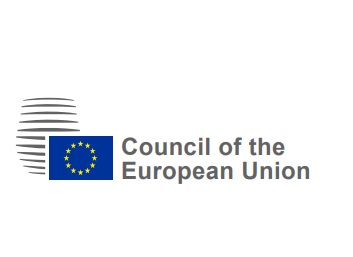EPSCO Council conclusions on strengthening women’s and girls’ mental health by promoting gender equality
In December 2024, the EPSCO Council adopted conclusions on “strengthening women’s and girls’ mental health by promoting gender equality.” EPSCO stands for “Employment, Social Policy, Health and Consumer affairs”, and this Council gathers ministers in Brussels four times a year who work on these four key policy areas.
These EPSCO Council Conclusions cover a wide range of measures, such as:
- including a gender perspective in the design of mental health policies;
- combating all forms of violence and gender stereotypes;
- raising awareness about the importance of the timely and correct implementation of recent
equal treatment legislation.
The conclusions contain a strong family dimension.
Paragraph 26 of the conclusions refers to single parent families: “Single parents are in a particularly vulnerable situation when it comes to poverty, housing and health challenges, including mental health issues. There are 7.8 million single-parent families in the EU and women make up almost 80% of single parents. Many single mothers face psychological stress resulting from a precarious financial situation, social exclusion or the accumulation of social roles.
Paragraph 27 refers to the mental load for new mothers: “The vulnerability and mental strain experienced by women during and after pregnancy, including perinatal depression, can have a severely detrimental impact on their lives. The challenges during the first 1000 days of a child, can affect the lives of all family members, including in terms of mental health, and this also merits attention.”
There are different recommendations made by the 27 EU governments, including encouraging countries to “take measures to encourage fathers in taking up family and care responsibilities with a view to the equal sharing of such responsibilities between women and men, especially on the occasion of pregnancy and birth in the family”; and to “promote initiatives aimed at supporting the highest attainable standard of both physical and mental health of parents, especially mothers, throughout the life course, including through the engagement of men and boys in family and care responsibilities, especially during the period of pregnancy and around the time of childbirth.”
You can read the full conclusions here and see here a full overview of the EPSCO Council decisions taken in December 2024.





